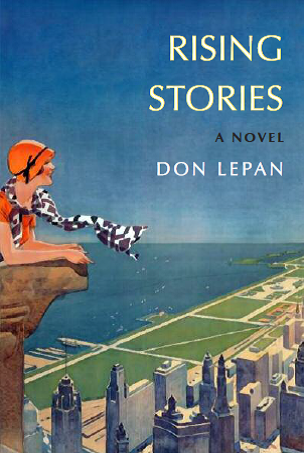For one thing, vegetarians and vegans can start to make clear that we find the sight of meat—and, even more so, the smell of meat—disgusting. That’s not the sort of thing that can or should be done in all circumstances, or on all occasions. But if, for example, the person beside you on a long flight starts to eat a greasy Big Mac, or dig into a large plastic bag filled with very smelly chicken parts, I don’t think it’s amiss to ask them to keep it as far away from you as they can. And if they ask why, we shouldn't hesitate to say politely, "I’m sorry, the smell of meat really makes me nauseous.” If I remember rightly, it was in part through that sort of small request that the movement against smoking started to make progress in the 1970s; at the same time as informational campaigns were starting to get across the message that smoking was bad for our health, individuals started to say openly that they found the smell of tobacco smoke bothersome.* Disgusting, in fact. I don’t think we should shy away from doing the same now over the sight and smell of meat.
Nor do I think we should hesitate to use language that is calculated to make people think of what is really happening when seals or whales or tuna or salmon are “harvested,” when “pork” or “beef” or other “meat” and milk and cheese and eggs are “produced,” when all these are “consumed.” None of those words speaks to the reality of what occurs. We give a better picture of the truth if we talk of tuna being slowly frozen to death or beaten into unconsciousness before they are cut up for human animals to eat; of the sows that give birth to “bacon” being immobilized for their entire lives; of egg laying hens living in a few square inches of space in a dark sheds filled with the smell of ammonia, of chicken excrement, and of dead birds; of fresh excrement inevitably being mixed in with the dead flesh of the cows and the pigs and the chickens that humans put into their mouths.
Nor, finally, should we shrink in certain circumstances from gently making clear that the human habit of eating the dead flesh of other animals tends to make for more smelly and disgusting humans; the gases emitted from the anus of a human who has consumed a lot of meat are far more noxious than those produced by those who live on a vegetable diet.
Disgust is a reaction to certain things we see and taste and smell; it is also, as George Orwell, William Ian Miller, and various others have pointed out, “a moral and social sentiment.” For all of us engaged in the struggle against cruelty to animals, it should be a natural ally in the cause.
*I was a moderately heavy smoker in those days, and I remember feeling mildly irked when on the receiving end of such comments. But the message sank in; like the rest of the smoking world, I did slowly change my ways—and then was very happy to have been pushed to change.




